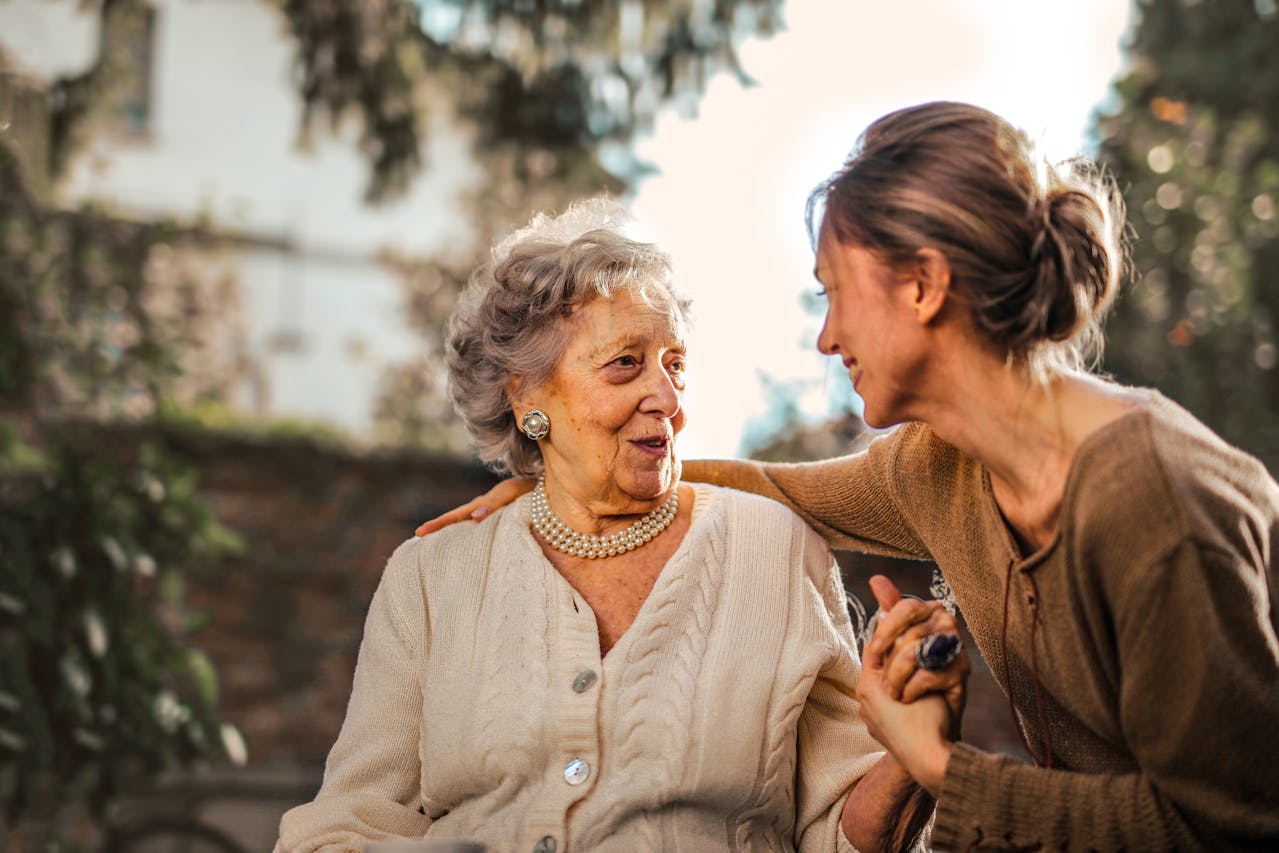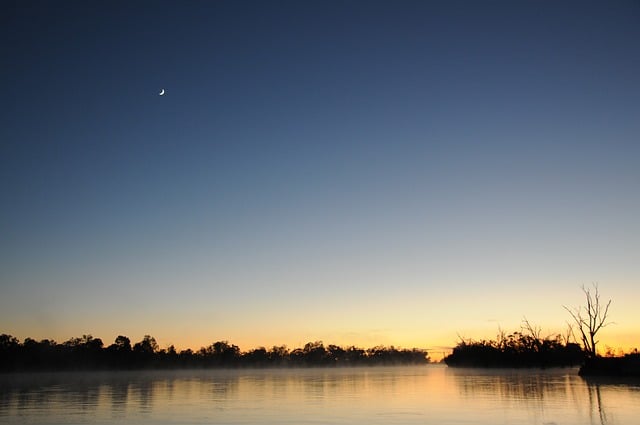The Australian carer visa is applicable to applicants who want to come to Australia to take care of their relatives and live with their relatives. It is divided into two subclasses: 836 and 116
- 836: The applicant is required to be in Australia at the time of submitting the visa application and obtaining the visa processing result;
- 116: Applicable to applicants who are outside Australia. Applicants have to be outside Australia when they submit the visa application and obtain the visa processing result. They can enter Australia with the 116 visa only after receiving the visa approval letter issued by the Department of Home Affairs.

Core requirements
A) Person being cared for & Sponsor:
- Unable to live alone in Australia, complete a BUPA medical examination and get an assessment report;
- A genuine inability to get required care from other relatives who are also in Australia;
- The person being cared for is also unable to get required care in relevant institutions in Australia (such as nursing homes, elderly centers, etc.)
- The sponsor must be an Australian citizen, Australian permanent resident, or eligible New Zealand citizen
B) Visa Applicant:
- Willing and able to provide continuous and substantial care for the person being cared for ( requires understanding of the person’s medical condition and the nature of care required)
- Meet health and character requirements
General visa process
- Fill out the paper application form and prepare the required documents.Submit all the documents to the Department of Home Affairs’ processing center by mail;
- After confirming the application, the Department of Home Affairs will send a visa application confirmation notice via email to the authorized mailbox;
- Supplementary supporting documents shall be submitted in accordance with the subsequent written notice of the Department of Home Affairs(usually within 28 days)
- Pay the second instalmentas required;
- Enter Australia when visa is granted.
Tips:
- The processing time for this type of visa is relatively long, so please be patient;
- Subclass 836: Applicants of subclass 836 with a departure plan are required to notify the Department of Home Affairs promptly after the application is submitted, and provide the reason for departure and the expected return date
For more information on visas , please visit the following website : “Australian Carer Visa – In-depth Interpretation”
Case review
Olivia’s parents are both Australian PR (category 143) and they are of old age (one in their 80s and one in their 90s). Previously, it was Olivia’s relatively “young” mother who took care of her father. However, in recent years, the elderly couple feels more and more powerless. The mother suffers from heart disease and the elderly father’s health is deteriorating. Olivia and her husband would often apply for tourist visas to Australia to do their best to take care of the two elderly in their spare time. However, considering that the health of the elderly is worsening, and her mother is unable to take care of herself and her lover on her own, the couple decided to come to Australia to take care of their parents wholeheartedly after much thought, even though their family and work centers around country Z. Hence, they applied for an Australian carer visa from the Australian Department of Home Affairs.
Some of you may have the following questions: the two elderly obtained Australian PR status through the 143 visa, which is the Australian parent visa, which means that the old couple have other children in Australia. In this case, do Olivia and her husband really meet the relevant requirements of the Australian carer visa? Don’t worry, let’s take a look at the specific situation !
Case study
- Olivia’s sister is an Australian citizen. It was also her sister who sponsored her parents to immigrate to Australia to obtain their permanent residency. Not only that, Olivia’s daughter and son-in-law have also obtained Australian citizenship and currently live in Australia with their family. However, Olivia’s sister needs to help her son’s family to take care of her young grandchildren, and she has no time to take care of her elderly parents, so she does not live with the elderly. Olivia’s own daughter and son-in-law founded a company in Australia. Since the company has just been established, they are mostly focused on the daily operation and management of the company, and are unable to take care of their grandparents for long periods of time. Therefore, while the old couple do have other relatives in Australia, they are unable to get the care they need.
- Not only that, the old couple, accompanied by the children, had also contacted relevant Australian institutions, but found that they could not get the meticulous care that was in line with their situation. There was no other reason. The old couple could only understand Cantonese, and they also have certain requirements for the type of meals. In addition, according to the physical assessment report of the elderly, they need 24-hour personal care. However, none of the several nursing institutions visited were able meet all of the three requirements above.
Therefore, Olivia and her partner meet the application requirements.
The visa application went smoothly from the initial physical assessment to the payment of the second application fee, because both parties were fully prepared under the guidance of the agent, and submitted most of the documents that the Department of Home Affairs may need at the beginning of the application process in one go. Documents, such as police clearance and other time-sensitive documents were not been submitted, thus avoiding the delay that might have been caused by multiple subsequent submissions. (Nevertheless, due to the environmental impact (such as COVID-19), the processing of this type of visa application was inevitably prolonged.) However, the visa application was eventually granted and Olivia’s family successfully immigrated to Australia to take care of her parents!
If you or your relatives and friends happen to have related needs, or you have any other questions about this type of visa, please leave a message and discuss together!
If you want to learn more about Australian visas and related legal information, feel free to get in touch with us. All AIS employees will be happy to serve you!



